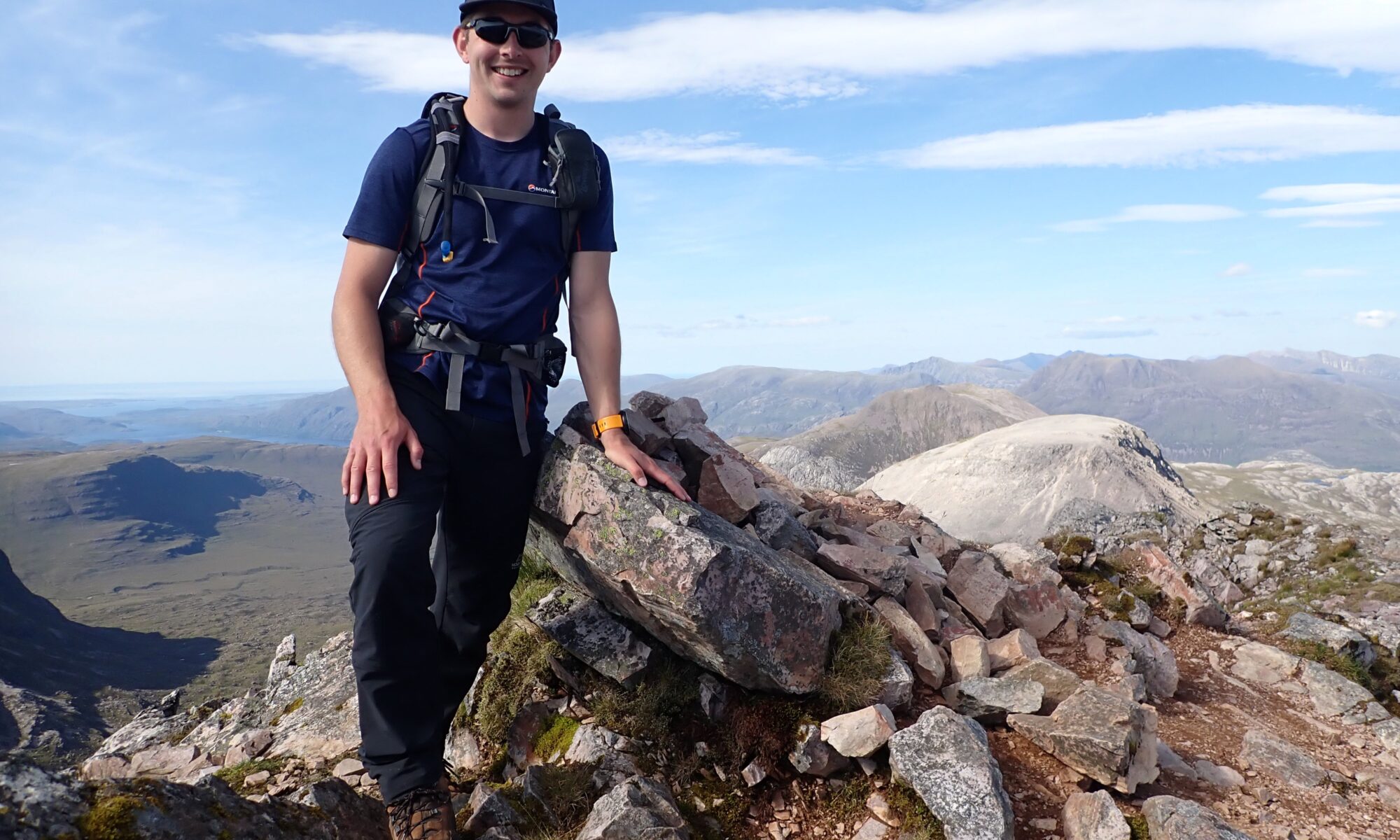By Maxim Oweyssi
Earlier this year, Daniel Hodgson became the Director of Edinburgh Complex Fluid Partnership (ECFP), the knowledge exchange arm of the Soft Matter and Biological Physics research group at the University of Edinburgh. ECFP was set up in 2012 on the back of an EPSRC grant to translate the fundamental understanding from research into industrial problems. Since then it’s grown and worked with over 50 companies. Daniel is from Cumbria, from a small town on the edge of the Lake District.
What does your role directing the ECFP entail?
“What’s new for me is the role of managing people, which is something I haven’t done before as a research scientist. I’ve also got to manage financial planning, and plan ahead for the year with salaries and project costs. We’re also thinking about things like intellectual property and how we manage this. The role includes a range of different things which I find quite interesting.
Each company has its own corporate personality and structure. Successful collaborations require meeting the expectations of the company but also meeting the needs of the academics in terms of publication and satisfying the scientific part of it.
Daniel completed his MPhys and PhD degrees in Edinburgh. His interest in soft matter physics was sparked after doing his Senior Honours Project with Dr Paul Clegg on creating colloidal particles.
What made you decide to pursue a PhD in this field?
“What I enjoy most about the physics of complex fluids is its applicability to things that we encounter in everyday life. That’s absolutely clear in the work I do now; we work with companies that make products we use throughout the day. I like being able to see where the research is going.
I definitely enjoyed my other undergrad courses, but they were always much more abstract and never grabbed me in the same way that experimental soft matter physics did. I enjoy building things, I enjoy having hands-on experiences and that was always possible in soft matter physics.
Daniel is currently studying the flow of dense suspensions. One of the projects he was involved in was with the chocolate company Mars. Chocolate is an example of a dense suspension. During its production, molten fat is the liquid phase, and solid sucrose particles are the solid phase. ECFP focuses on cross-sector collaboration, so their work can be applied in different industries.
You wrote a paper about chocolate. What is your favourite thing about it as a material?
“The flow behaviour of chocolate, particularly its conching behaviour which is the mixing phase when you add the powder and the liquid together.
What was surprising and really interesting to me was that this unit operation in chocolate production is almost identical to concrete mixing, something that produces huge amounts of CO2 and is a real problem for the world. What I’m keen to do is to explore how we take that understanding we gained in conching chocolate and translate that to concrete manufacturing and see if there is anything we can do to improve the efficiency of the process.
As part of his University role, Daniel is also seconded to Corning through an EPSRC Impact Acceleration award. This company works across a variety of applications from display glass, fibre optics to life science divisions. Daniel and ECFP collaborate primarily with Corning’s Environmental Technology section, studying the dense suspensions which are used to make catalytic converters and diesel particulate filters.
Do you find there is something missing in academia that is present in industry or vice versa?
“What I like about industry is their ability to assemble big teams of people to work on one thing, and they have a laser focus on getting the job done, be it a product or a problem they’re having. I quite like the teamwork you get in industry.
You can get that in academia but it’s not so easy. Everyone has their own niche in what they want to study and quite often they’re given the academic freedom to explore that. I enjoy the freedom to explore problems in your own way and conversely in industry there are often limitations both in terms of time, expertise, equipment etc.
I think that is really why ECFP has been so successful; we do well collaborating with industries and we make sure to understand what they need. We deliver on that and explore problems in novel ways which industry can’t always do.
Over the lockdown ECFP started to develop new hand sanitizing gels. They also published a paper on COVID-19 soft matter physics. Daniel mentioned the pandemic has introduced a lot of uncertainty as supply and demand chains of companies have been disrupted, making it difficult to commit to a project.
Do you have any advice for people considering a career in complex fluids?
“I think what helped me decide what to do was doing a summer project between 4th and 5th year of my MPhys degree. It got me out of the standard timetable of the undergrad. It was several weeks working in the lab full-time and it was great. It gave me a real experience of what it is to do lab-based research working with other post-docs and investigators in the group. That really made me understand what it would be like to do a PhD and work in a research lab beyond that.
Where the opportunity arises, I would definitely recommend doing a project. I’d also recommend speaking to academics within the School and postdocs about their experiences. It may just have been me but my experiences talking to postdocs before 5th year was quite limited. I didn’t really know much about the research that was going on within the group and certainly it opened a whole new world of soft matter physics and industry collaboration which is now my career. So, talk to people and find out what’s going on, because there is a whole load of great research going on at Edinburgh and beyond.”
Related links
Learn more about the ECFP:
https://www.edinburghcomplexfluids.com/
Daniel’s profile:
https://www.edinburghcomplexfluids.com/people/individual/daniel-hodgson



